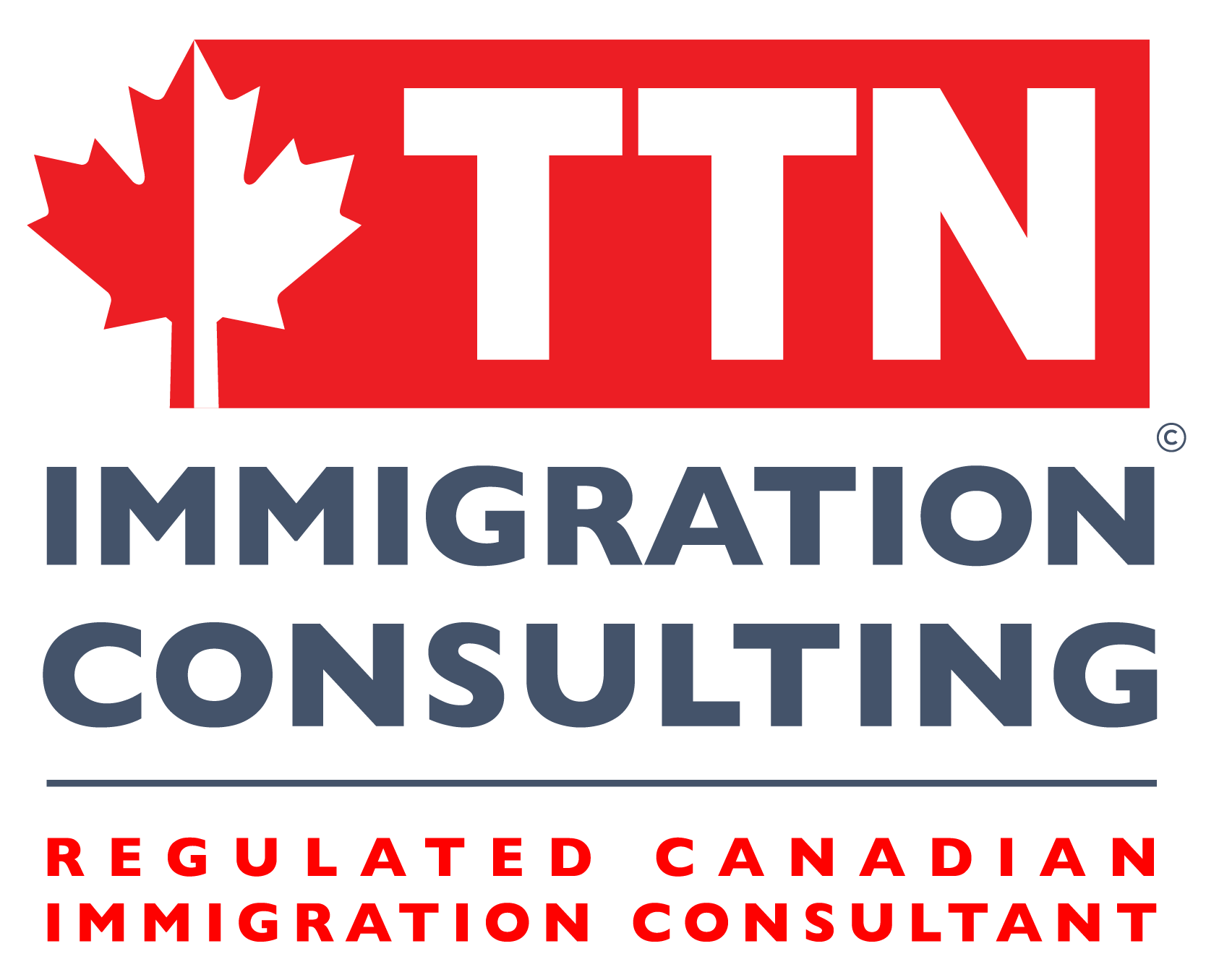3 Things To Keep In Mind If You Want To Settle In Canada
You aspire to work and live in Canada, allowing your children to access free education in an international, multicultural environment. After that, you hope your family can stay permanently and eventually become Canadian residents. Honestly, this isn’t usually a quick or easy process, unlike the slick ads might suggest—it requires time and effort. However, the results are undoubtedly worth it for you and your family. And… currently, you’re not sure where to start? Consider the following steps to get started.

1. Identify Your Goals
“Why do you want to live in Canada?” Answer this question sincerely yourself. Each family has unique circumstances and needs, so it’s essential to gather as much information as possible to understand the advantages and challenges of life in Canada. Compare these insights with your family’s values, lifestyle, and aspirations to envision what life in Canada might be like.
Every place has its joys and challenges, and Canada is no exception. While there may be ups and downs, there’s no denying Canada remains among the top countries in the world with a high quality of life, a beautiful natural environment, and a welcoming, inclusive society. Canada is known for its diverse and open immigration policies that attract people from all over the globe. If the positives of Canadian life inspire you, then prepare to overcome any obstacles along the way to reach your goal.
2. Find A Job
The next and most crucial factor in securing your place to live and work in Canada is finding employment. A job not only provides the income needed to live comfortably in Canada, but it’s also a key requirement to obtain permission to come to Canada and bring your family along. When exploring Canadian job boards, you’ll find many attractive job listings, with several matching your skills and experience from Vietnam. You feel confident in your abilities; however, you may ultimately find yourself disappointed.
Since most companies in Canada are not allowed to hire foreign nationals directly, they usually require candidates to already hold a “work permit,” which generally means the applicant must already be in Canada. Foreigners are only recruited in high-demand sectors or urgent labor shortages as determined by the government or within certain Vietnamese businesses that have been unable to find local talent in Canada. Therefore, you need to target companies authorized to hire candidates outside Canada and look for roles that match your skills and experience from Vietnam.
In Canada, industries often reflect the demographics and unique strengths of various cultural communities. This isn’t due to government policy, but rather community-based practices where individuals support each other within specific trades. As a result, you’ll notice that certain communities have a strong presence in specific sectors. For example, Vietnamese workers are frequently welcomed in Canada’s Vietnamese and Asian culinary sectors, the nail industry, and various roles within Vietnamese-owned businesses. When applying, you’ll follow a similar process to job applications in Vietnam: submit documents, attend interviews, and provide proof of qualifications and experience. Since you’re moving to a new country, it’s also important to present evidence of English or French language proficiency and have sufficient financial resources to support yourself initially. You can search job portals for suitable roles or contact reputable immigration consulting firms with a long-standing record in Canada to help connect you with well-matched, secure job opportunities that will support a smooth transition and successful integration into Canadian life.
An interesting benefit is that once you obtain a “work permit,” your spouse is eligible to join you in Canada on an “Open Work Permit.” This permit allows your spouse to work in any job they choose across Canada, offering the freedom to apply for roles on job sites and seek out excellent employment and income opportunities.
3. Plan Your Immigration
At this stage, it’s essential to understand that having a job in Canada does not guarantee permanent residency. If you do not have a clear goal and a well-defined residency plan from the beginning, you might still need to leave Canada once your work permit expires.
Therefore, if you aim to settle in Canada from the start, you should confirm whether the job you’re applying for is on the list of eligible occupations for immigration. Additionally, identify which provinces have programs that align with your qualifications and offer favorable conditions for your chosen field. You’ll need a clear understanding of the pathway to permanent residency for the program you’ve chosen. Finally, make sure your English proficiency is adequate for your selected occupation.
Once you’re in Canada, you’ll realize how essential an English certification (like IELTS, PTE, or CELPIP) can be for the immigration process. Many occupations don’t require an English certification, but having one will greatly boost your confidence. Given that learning English takes considerable time and effort, it’s best to focus on it in Vietnam during the job application process and while waiting for your work permit approval.
English: https://ttnimmigration.ca/vi/en/3-dieu-can-luu-tam-khi-bat-dau-muon-dinh-cu-canada/
TTN Immigration hopes you always have a clear understanding of your goals and plans, as well as the important matters to consider before arriving in Canada. This will help ensure that your life here is as smooth and fulfilling as you desire. If you would like help with a specific issue or consultation with our RCIC, please leave your contact information and any specific requests or messages below.

